By_Suraj Karowa/ ANW
Bangkok, Thailand – October 25, 2025

Thailand’s royal family and the nation plunged into profound grief on Saturday as the palace announced the death of Queen Mother Sirikit, the elegant consort of the late King Bhumibol Adulyadej and mother to reigning King Maha Vajiralongkorn. The 93 year-old former queen, a symbol of grace and philanthropy, succumbed to a long battle with health issues at 9:21 p.m. on Friday at King Chulalongkorn Memorial Hospital in Bangkok.
In a somber statement, the palace revealed that Sirikit’s condition had deteriorated rapidly from a blood infection that began on October 17. Despite tireless efforts by her medical team, she could not be saved. Her passing marks the end of an era for Thailand’s Chakri Dynasty, which has ruled the Southeast Asian kingdom for over two centuries. King Vajiralongkorn, 73, decreed a one-year mourning period for royal family members and servants, effective immediately. The queen’s mother remains will be enshrined at the Grand Palace in Bangkok, where elaborate funeral rites are expected to draw millions in homage.

News of her death rippled across Thailand like a shockwave, evoking memories of the collective sorrow that gripped the country in 2016 upon King Bhumibol’s death after a 70-year reign – the world’s longest. Streets in Bangkok, already bustling on a crisp autumn evening, fell quiet as word spread.
Outside Chulalongkorn Hospital, clusters of mourners gathered, many clutching faded photographs of Sirikit in her prime: a poised young queen in silk gowns, her smile radiant against Thailand’s tropical backdrops. One woman in her 60s, holding a portrait from Sirikit’s youth, wept openly. “She was our mother, our guide,” she said, her voice trembling. “Thailand has lost its light.”
Prime Minister Anutin Charnvirakul, visibly shaken, canceled a scheduled flight to Malaysia for the ASEAN summit, opting instead for an emergency cabinet meeting at Government House. Dressed in black, the ministers deliberated funeral logistics in a hushed atmosphere, as reported by The Nation. Anutin, whose administration has navigated economic turbulence and border tensions with Cambodia, described Sirikit as “the epitome of Thai resilience and compassion.” He is set to depart for Kuala Lumpur on Sunday, coinciding with U.S. President Donald Trump’s anticipated mediation of the Thailand-Cambodia peace accord – a diplomatic coup overshadowed by this personal tragedy.

Sirikit, born Princess Sirikit Kitiyakara on August 12, 1932, into Bangkok’s aristocratic elite, entered a world forever altered by the 1932 revolution that ended absolute monarchy in Thailand. Her life intertwined with destiny when, at 16, she met the future King Bhumibol in Paris, where her father served as ambassador. The teenage Sirikit, immersed in studies of music and French etiquette, captivated the young prince during his European exile following a family tragedy. Their romance blossomed amid the City of Light’s cafes and salons; they wed on April 28, 1950, just days before Bhumibol’s coronation as Rama IX.
Crowned Queen Sirikit, she became the dynasty’s steadfast pillar, bearing four children: Ubolratana, now 73; Vajiralongkorn; Sirindhorn, 70, a beloved princess and academic; and Chulabhorn, 68, a scientist. In the palace’s gilded halls, Sirikit embodied modernity amid tradition. Her wardrobe – a fusion of Thai silk pha sin skirts and haute couture from Dior and Balenciaga – earned her the moniker “Asia’s Jackie Kennedy.”
International tours in the 1950s and ’60s saw her charm leaders from Queen Elizabeth II to President John F. Kennedy, bolstering Thailand’s global image during the Cold War.
Yet Sirikit’s legacy transcended glamour.
As Bhumibol focused on rural development, she championed women’s education, arts preservation, and environmental causes. In the 1970s, amid political upheaval – including student uprisings and military coups – the royals pivoted inward. Sirikit founded the Queen Sirikit Foundation, funding scholarships for underprivileged girls and anti-opium programs in northern hill tribes ravaged by poverty and addiction. Her annual Mother’s Day birthday celebrations, observed nationwide on August 12, underscored her maternal aura, with temples distributing jasmine garlands and families sharing alms in her honor.
Health woes shadowed her later years. A 2012 stroke confined her to wheelchairs and limited public appearances, though she marked her 93rd birthday in August with a subdued ceremony at Sanam Luang royal ground. Hospitalized since September 2019 for chronic ailments, her resilience mirrored the monarchy’s own. Even as Thailand grappled with youth-led protests in 2020-2021 – demanding reforms to the lese-majeste law (Article 112), which punishes royal insults with up to 15 years in prison – Sirikit remained a figure of relative reverence. Demonstrators, chanting against Vajiralongkorn’s perceived extravagance, spared her and Bhumibol pointed barbs, viewing them as stabilizing forces.
The monarchy’s sanctity, enshrined in Thailand’s constitution, permeates daily life: schoolchildren pledge allegiance daily, and black-clad billboards of royals adorn highways. Sirikit’s death revives debates on this veneration. “She bridged old Thailand and the new,” said historian Thongchai Winichakul. “But in a democratizing society, her passing invites reflection on the crown’s role.”
As preparations unfold, Bangkok’s neon skyline dims in respect – no fireworks for Loy Krathong next month, per custom. Global condolences pour in: from Japan’s Emperor Naruhito, a fellow constitutional figure, to European royals recalling Sirikit’s visits. For ordinary Thais, like street vendor Somchai, 55, who closed his noodle stall early, the loss is intimate. “She taught us dignity in hardship,” he said, folding a black armband. “We’ll wear it with pride.”
In death, as in life, Sirikit unites a fractured nation – from urban protesters to rural loyalists – in quiet devotion. Her funeral, slated for early 2026, promises a spectacle of silk, chants, and tears, a final bow to a queen who wove Thailand’s past into its future.
Discover more from AMERICA NEWS WORLD
Subscribe to get the latest posts sent to your email.
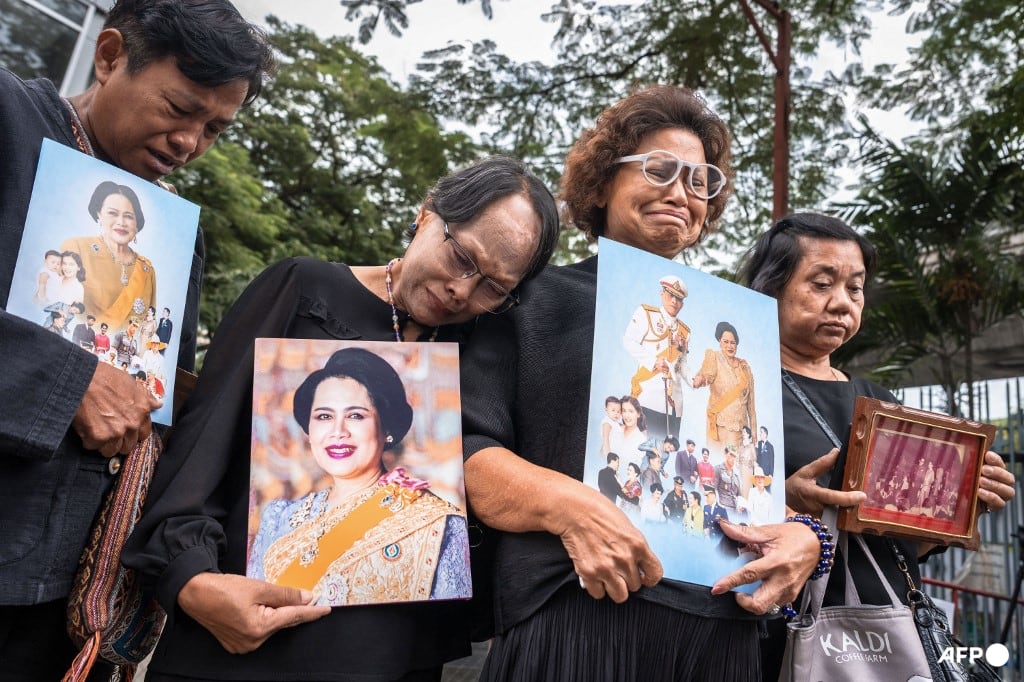

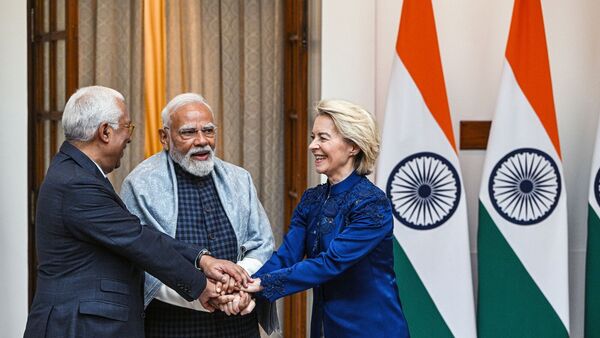

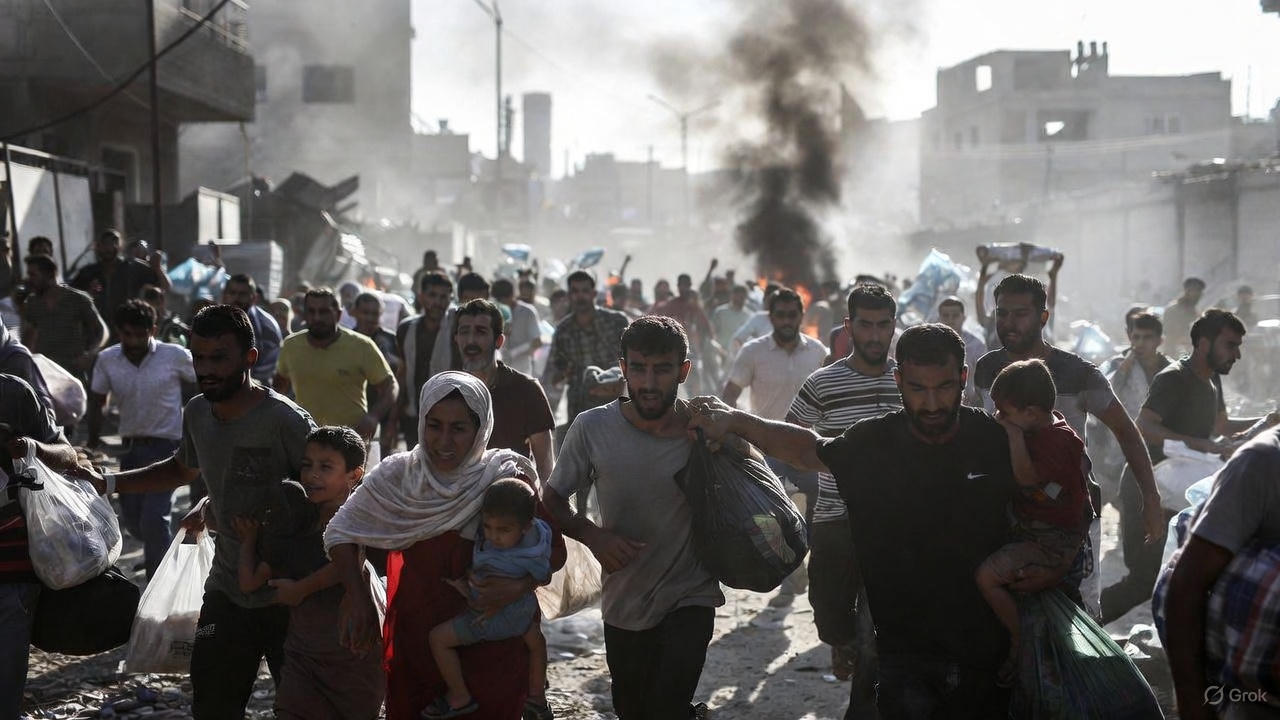
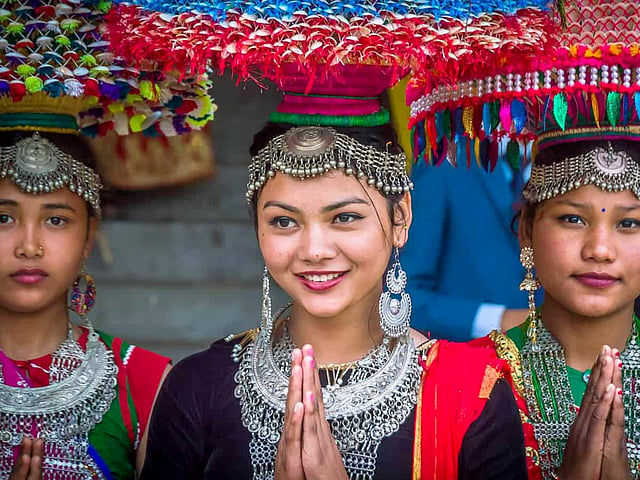

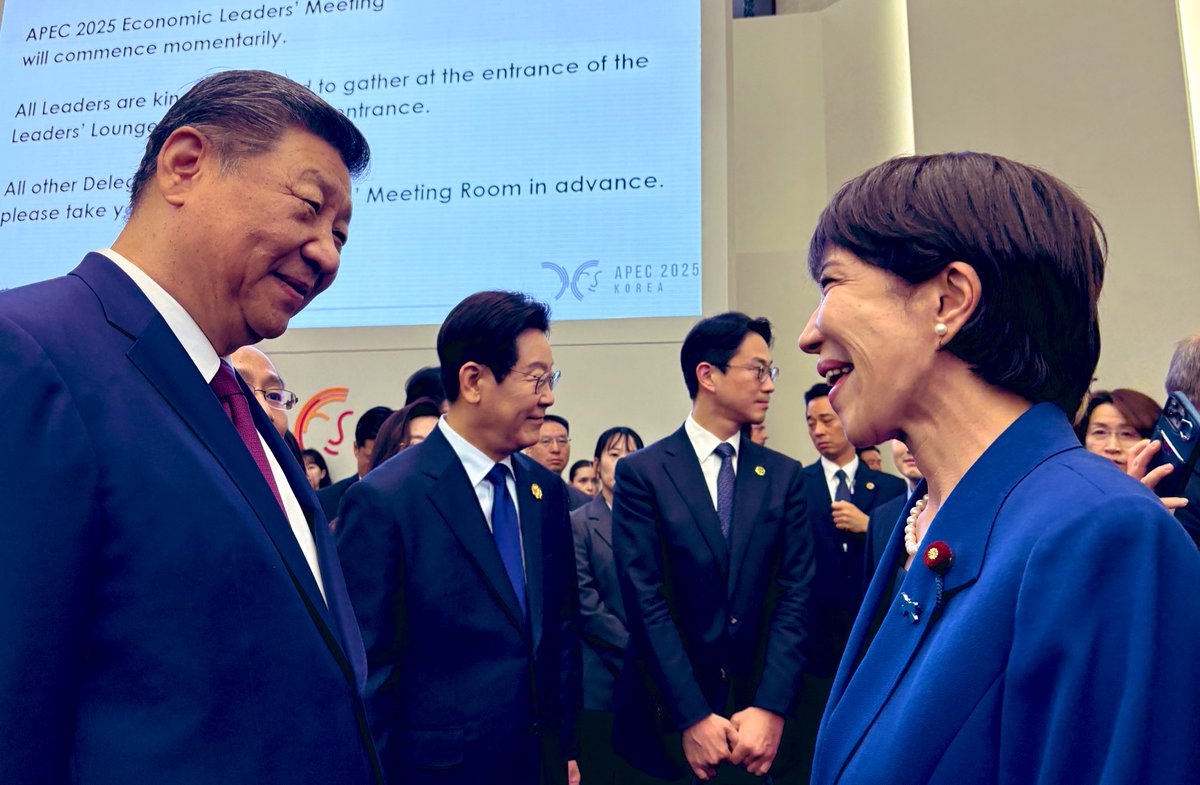



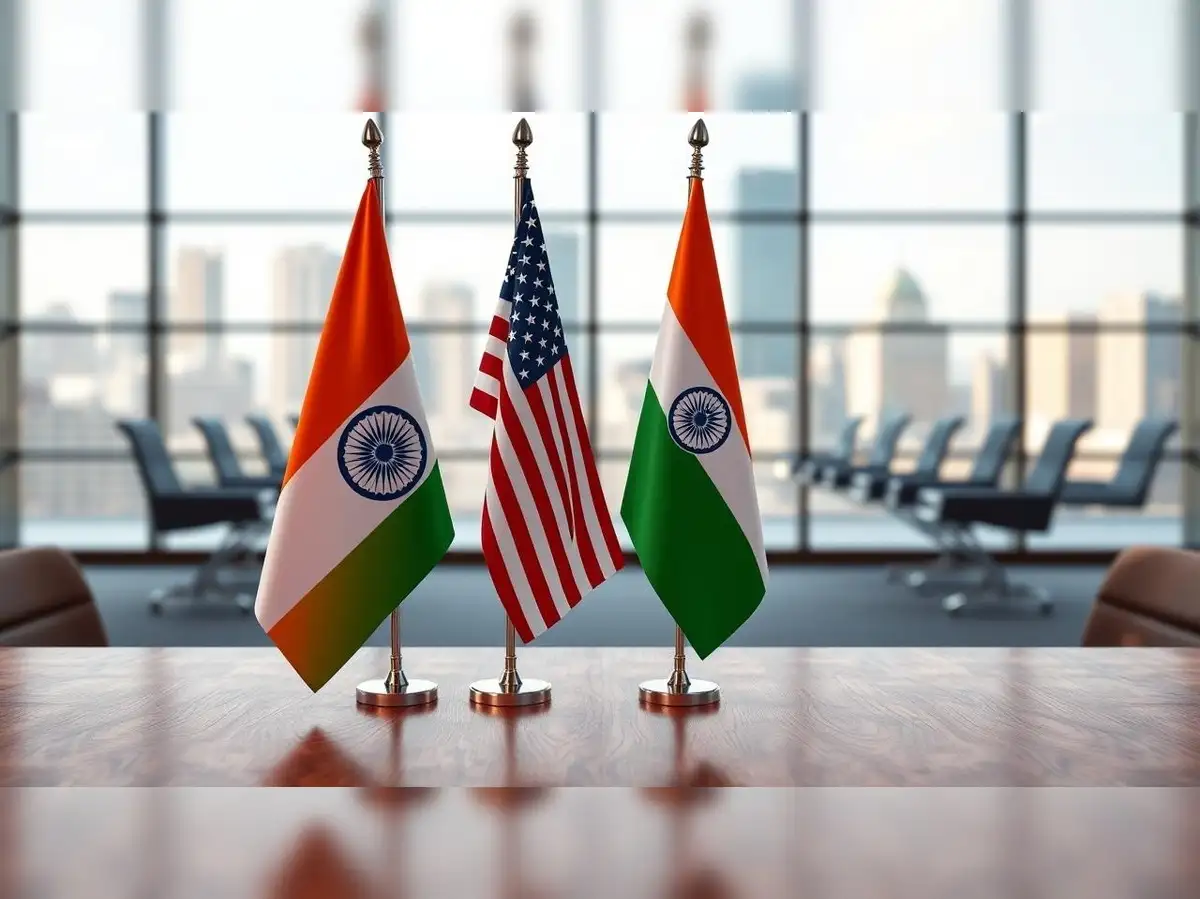
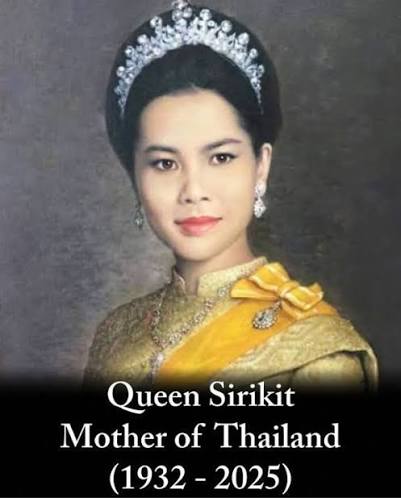
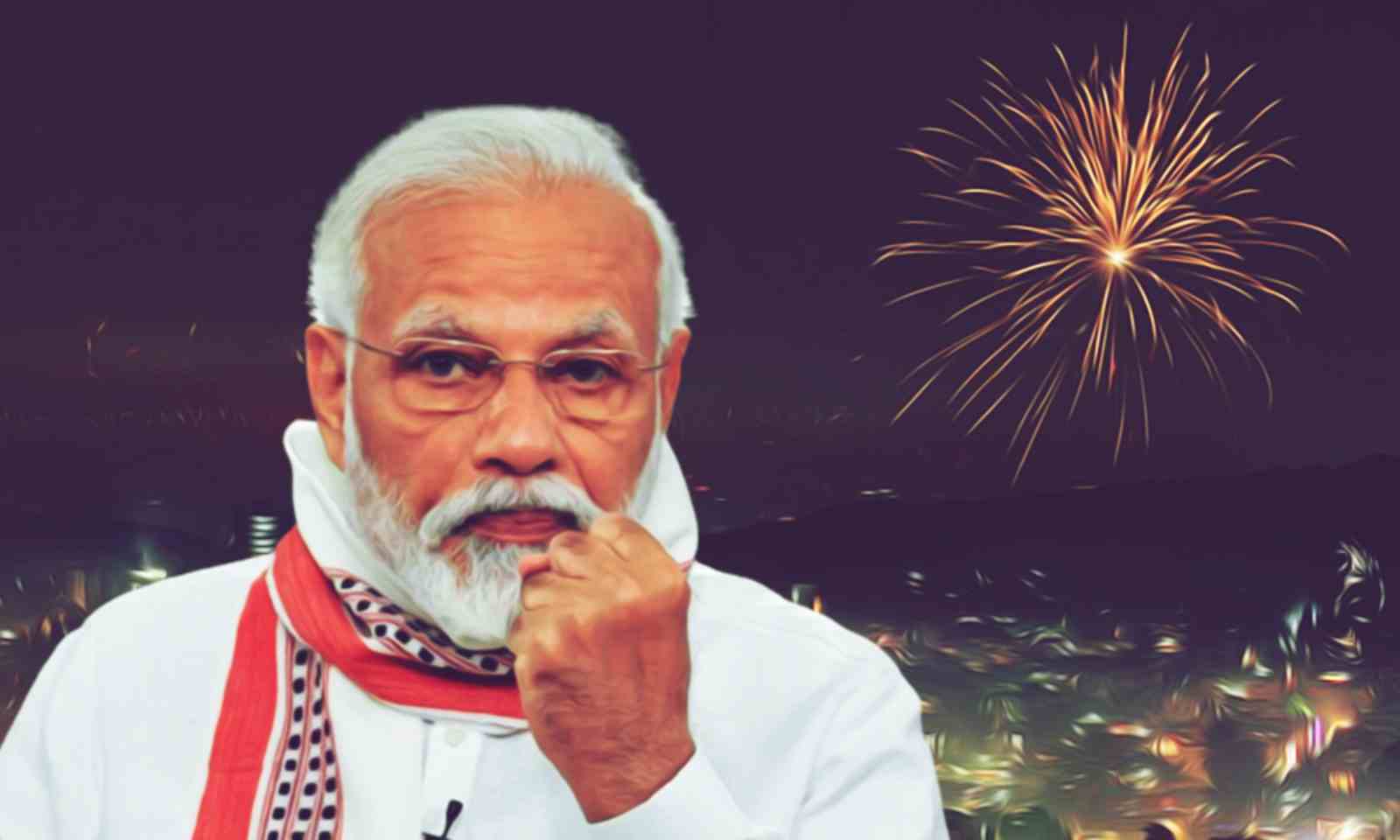

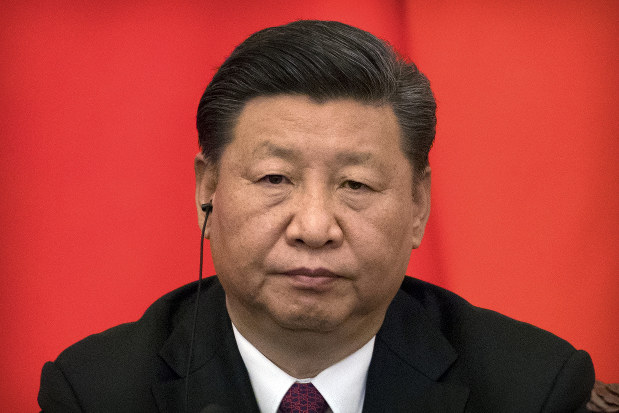
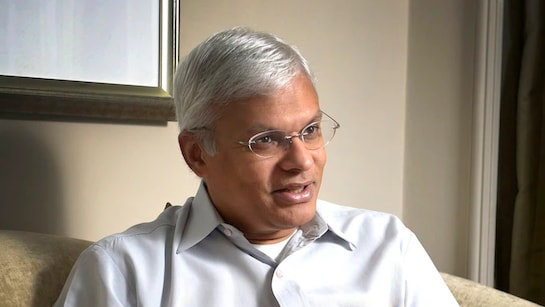











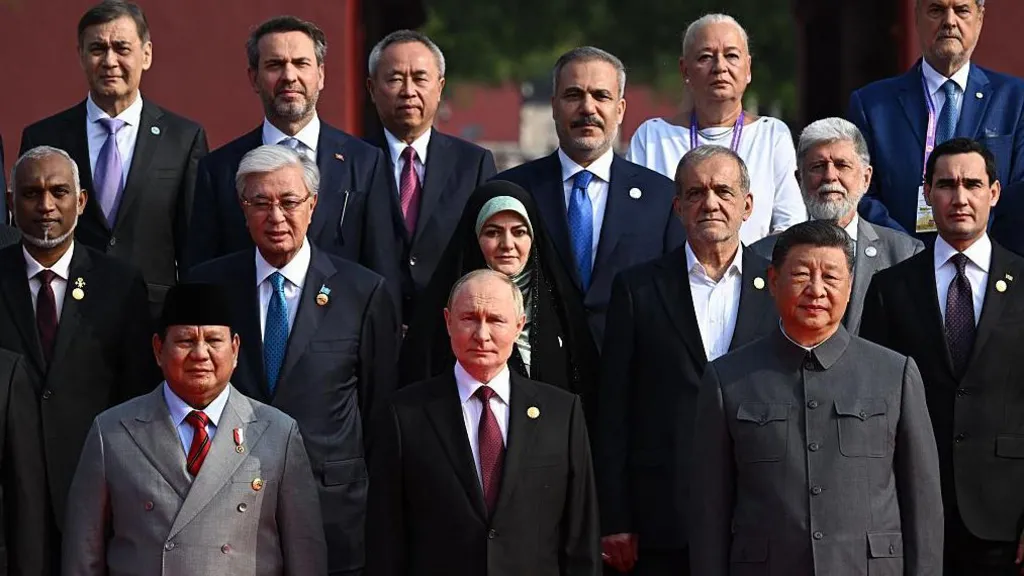

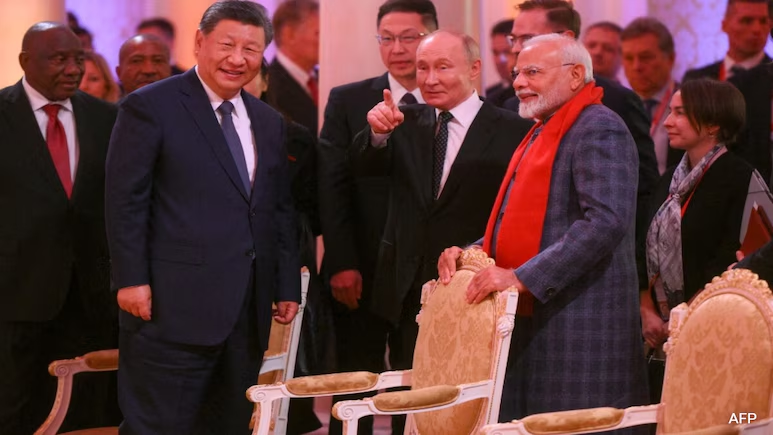


![Reliance Industries, led by Chairman Mukesh Ambani, has exported products made from Russian crude oil to countries that have sanctioned Russia, including the US [File: Ajit Solanki/AP Photo]](https://america112.com/wp-content/uploads/2025/08/AP24010199793503-1755298275.webp)






Leave a Reply